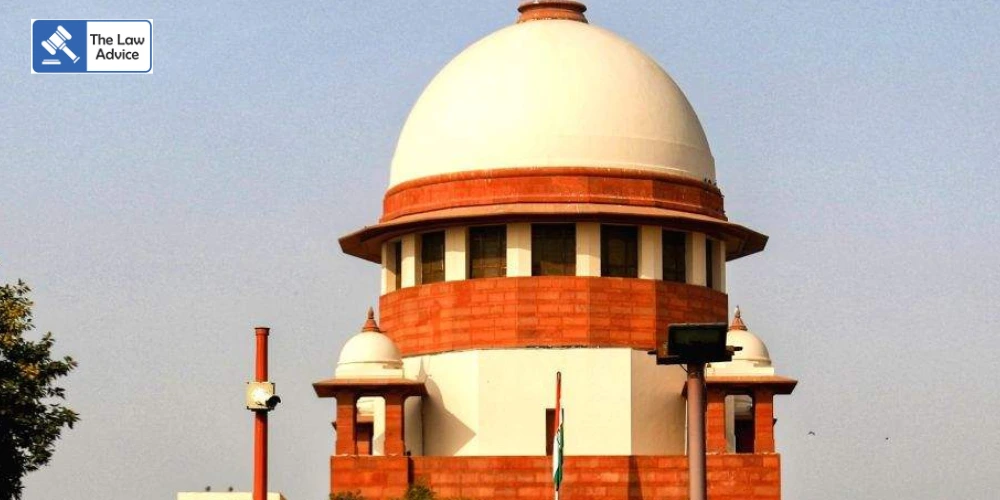
The Supreme Court on Tuesday issued notice on a Special Leave Petition filed by a Judicial Magistrate challenging the disciplinary action imposed on her for disposing of 1,926 summons cases within a period of five months by invoking Section 258 CrPC—allegedly without proper judicial assessment.
The bench comprising Justices Vikram Nath and Sandeep Mehta issued notice after hearing Senior Advocate PB Suresh, appearing for the petitioner. He contended that judicial discretion cannot be subjected to a roving enquiry unless influenced by extraneous considerations, and emphasized that most of the matters pertained to offences punishable only with fine under the Motor Vehicles Act.
In response, Justice Mehta questioned the pattern of disposal, remarking: “[Discretion] exercised in 1926 cases—what message does that send?” The counsel further pointed out that the petitioner had earlier earned appreciation letters from two administrative judges for clearing heavy pendency.
While serving as a First-Class Judicial Magistrate in Kollam, the petitioner had invoked Section 258 CrPC to halt proceedings in cases primarily involving negligent and drunken driving under Sections 279 and 185 of the Motor Vehicles Act. However, the High Court initiated disciplinary action alleging that she invoked the provision mechanically to create an impression of high productivity, noting that she disposed of 2,499 cases within five months—none after a full trial.
An internal enquiry found that 1,903 cases were closed without assigning proper reasons and without understanding the legal scope of Section 258. Based on the report, the Administrative Committee imposed a major penalty withholding two increments with cumulative effect for two years. Her appeal and review were rejected.
The petitioner subsequently approached the Kerala High Court seeking exoneration and restoration of service benefits. While a Single Judge permitted her to request reduction of punishment, relief was ultimately denied by the Division Bench, which held that passing nearly identical orders in 1,926 cases amounted to grave misconduct and arbitrary exercise of judicial discretion. The Bench also noted that she had admitted her lapse citing inexperience and had tendered an unconditional apology.
Challenging this decision, she has now approached the Supreme Court arguing that the disciplinary proceedings violate protections under the Judges (Protection) Act, 1985 and the Kerala Judicial Officers Protection Act, 1963, which bar penal consequences for actions taken in good faith. She asserts that proceedings were stopped only in petty cases where accused failed to appear despite repeated efforts.
Case Details: SLP(C) No. 32492/2025
Appearance: Senior Advocate PB Suresh, AoR Vipin Nair, and Advocate Deeksha Gupta for the petitioner.
Website designed, developed and maintained by webexy